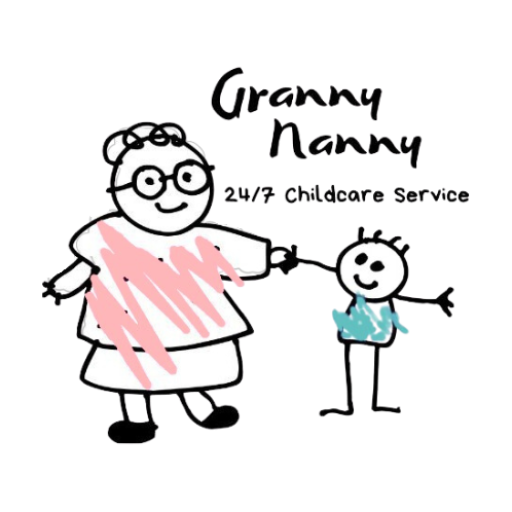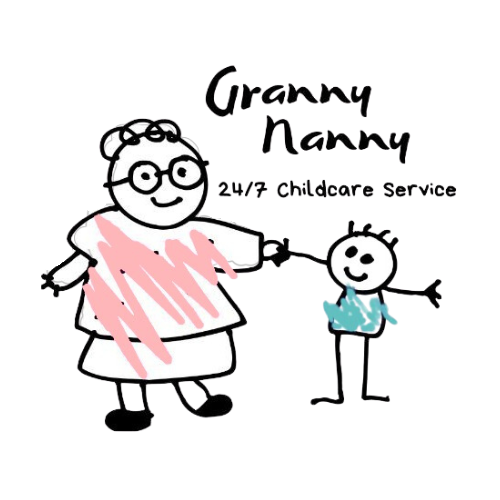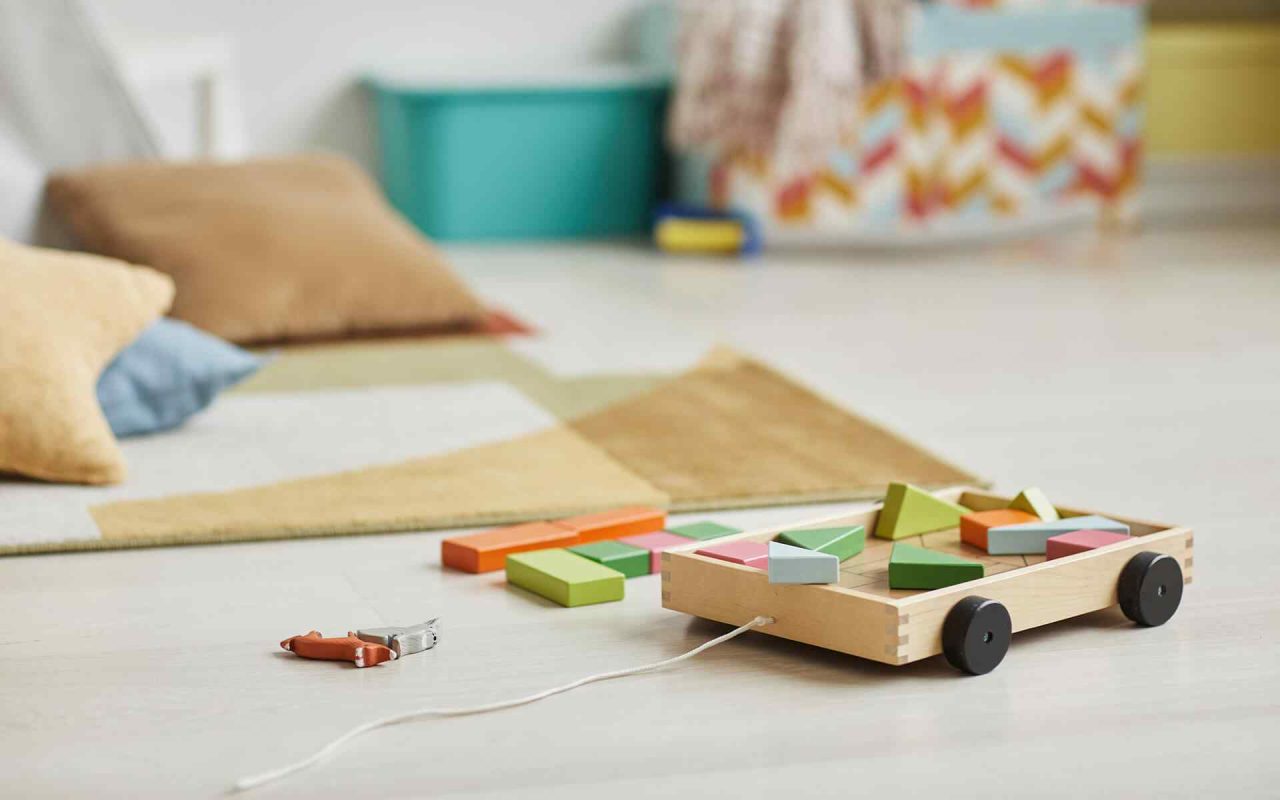When parents begin their search for childcare, they often come across two distinct options: Montessori programs and traditional daycare centers. While both aim to provide safe and nurturing environments for children, their philosophies, teaching methods, and overall approaches differ significantly.
At Granny Nanny 24-Hour Childcare, our Montessori-inspired program blends the best of both worlds—providing care and education that fosters holistic development. Let’s break down the key differences between Montessori and daycare to help you make an informed decision for your child.
1. Philosophy of Care and Education
Montessori
The Montessori approach, developed by Dr. Maria Montessori, is rooted in the belief that children are naturally curious and capable of directing their own learning. The focus is on education as a way of life, fostering independence, curiosity, and respect for the child’s individual pace of development.
Montessori centers emphasize:
-
Child-led, hands-on learning.
-
A prepared environment tailored to developmental stages.
-
Teaching practical life skills, such as pouring, cleaning, and organizing.
-
Encouraging self-discipline and intrinsic motivation.
Daycare
Traditional daycare centers primarily focus on supervised care to ensure children are safe, engaged, and entertained while parents are at work. While some daycare programs integrate basic educational activities, their primary role is to provide a safe, nurturing environment for children.
Daycare emphasizes:
-
Structured routines to meet daily needs (e.g., naps, meals, and playtime).
-
Activities to entertain and occupy children, often in group settings.
-
Socialization and care-focused supervision rather than academic development.
2. Learning Environment
Montessori
Montessori classrooms are designed to be calm, orderly, and purposeful. The environment is rich with learning materials that are carefully chosen to meet the developmental needs of children. These materials promote hands-on, self-directed learning and are typically arranged on low, accessible shelves for children to choose independently.
Key features:
-
Mixed-age classrooms to encourage peer learning.
-
Specialized materials that teach concepts like math, language, and sensory development.
-
Freedom within limits—children choose activities but follow clear guidelines for respect and order.
Daycare
Daycare environments tend to be more casual and focused on play and care. While there may be toys, books, and learning materials, the setup is less structured and not always tailored to developmental goals.
Key features:
-
Group activities that may vary day-to-day, such as storytime or art projects.
-
A focus on free play to keep children engaged and entertained.
-
Age-separated groups to align activities with children’s general abilities.
3. Focus on Development
Montessori
Montessori focuses on the whole child, including their intellectual, emotional, physical, and social development. The curriculum is tailored to encourage self-discipline, problem-solving, and independence, helping children develop life skills in addition to academic foundations.
Key areas of development:
-
Practical life skills: Tasks like cleaning, cooking, or gardening.
-
Sensorial learning: Activities that engage touch, smell, sound, and sight.
-
Academic preparation: Early exposure to math, science, language, and geography.
-
Social-emotional growth: Respect for others and self-confidence.
Daycare
Daycare programs focus primarily on basic care needs and providing children with opportunities for social interaction and recreation. Some centers offer preschool-like curriculums, but education is often secondary to caregiving.
Key areas of development:
-
Social skills: Interaction with peers during group play.
-
Emotional care: Building trust and security with caregivers.
-
Physical activity: Play-based activities to burn energy and promote motor skills.
4. Role of the Caregiver/Teacher
Montessori
Montessori educators act as guides rather than traditional teachers. Their role is to observe each child’s interests and needs, gently steering them toward appropriate activities and allowing them to work independently at their own pace.
Key traits of Montessori educators:
-
Trained in Montessori principles and materials.
-
Observant and responsive to each child’s development.
-
Encourages independence and problem-solving rather than giving direct instructions.
Daycare
In daycare, caregivers focus on supervision and basic care, ensuring children are safe, happy, and healthy throughout the day. While some caregivers may incorporate learning activities, the emphasis is on providing nurturing care rather than individualized educational guidance.
Key traits of daycare caregivers:
-
Attentive to children’s physical and emotional needs.
-
Often multitaskers, overseeing larger groups of children.
-
Engage children in group activities and free play.
5. Parental Goals and Expectations
When choosing between Montessori and daycare, your decision will often depend on your goals and your child’s unique needs:
-
If you prioritize structured learning, independence, and holistic development, Montessori may be the best fit.
-
If you need flexible care focused on safety, fun, and socialization, traditional daycare might be more aligned with your family’s needs.
The Granny Nanny Difference
At Granny Nanny 24-Hour Childcare, we’ve combined the nurturing elements of traditional daycare with the developmental benefits of Montessori education.
Here’s how we stand out:
-
24-Hour Flexibility: Like daycare, we provide around-the-clock care to meet your schedule.
-
Montessori-Inspired Curriculum: We incorporate Montessori principles, such as child-led learning and practical life activities, to support your child’s growth.
-
Safe, Stimulating Environment: Our facilities are designed to be both nurturing and enriching, helping children feel secure while they learn and play.
We understand that parents need a solution that meets their family’s needs while also providing a meaningful, educational experience for their child. That’s why we’re proud to offer the best of both worlds.
Making the Right Choice for Your Family
Ultimately, the decision between Montessori and daycare depends on your priorities, your child’s personality, and your family’s needs. Both options can provide valuable experiences, but the key is finding a program that aligns with your values and supports your child’s development.
At Granny Nanny, we’re here to guide you through that decision-making process and show you how Montessori-inspired childcare can transform your child’s early years into a foundation for lifelong learning.
Granny Nanny: Where Montessori Meets Flexibility and Care.


